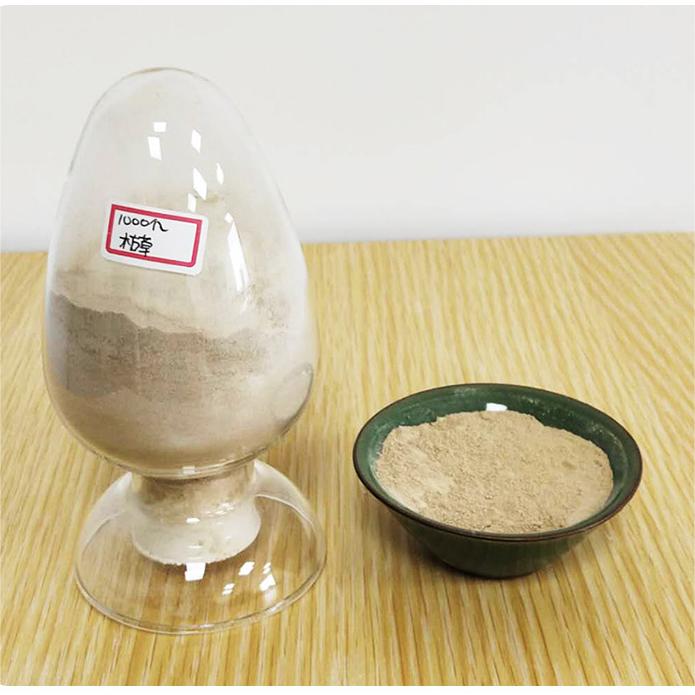In recent years, Bacillus subtilis has become a game changer in industries ranging from agriculture and medicine to environmental remediation. Commonly found in soil and the gastrointestinal tract of animals, this versatile bacterium has proven to be of great value due to its remarkable properties. With its ability to transform organic matter into useful products, its influence has spread throughout the world. Let’s take a deeper look at how Bacillus subtilis has revolutionized different fields.
feed additives in livestock and poultry production. It can be seamlessly integrated into existing husbandry programs and is suitable for all stages of animal growth and development.
agriculture:
An important application of Bacillus subtilis is in agriculture. This bacterium acts as a natural biopesticide, suppressing harmful plant pathogens and promoting plant growth. By promoting nutrient uptake, it increases crop yield and overall quality. In addition, its inherent ability to produce antimicrobial compounds helps combat plant diseases, reducing the need for chemical fungicides. This environmentally friendly approach is winning over farmers pursuing sustainable agricultural practices.
Medical and pharmaceutical industry:
Bacillus subtilis has extraordinary potential in the medical field. Its ability to produce a variety of antibiotics and enzymes makes it a valuable asset for pharmaceutical research. Scientists are exploring its antimicrobial properties to develop new drugs against antibiotic-resistant strains. Furthermore, this bacterium has shown promise in the production of therapeutic enzymes such as amylases and proteases, which have applications in various medical treatments.
Industrial enzyme production:
The enzyme production industry also uses Bacillus subtilis. Its ability to secrete a variety of enzymes makes it an ideal candidate for large-scale industrial applications. Through the fermentation process, industrial bioengineers harness the power of this bacterium to produce enzymes for a variety of purposes, including detergent manufacturing, textile processing and biofuel production. This cost-effective and sustainable production method is rapidly gaining popularity across industries across the globe.
Waste Management and Bioremediation:
Bacillus subtilis has proven to be an effective tool for waste management and bioremediation. Its ability to degrade a wide variety of organic compounds, including hydrocarbons, pesticides, and even radioactive materials, makes it a valuable ally in environmental cleanup efforts. The bacteria can convert these pollutants into harmless by-products that can help restore polluted ecosystems.
prospect:
The potential applications of Bacillus subtilis are far from exhausted, offering exciting prospects for future innovations. Ongoing research aims to explore the use of this bacteria to produce bioplastics, which could revolutionize the plastics industry by providing sustainable alternatives to conventional plastics derived from fossil fuels. Additionally, scientists are studying its role in regulating the human gut microbiome, which may have profound effects on gastrointestinal health and overall well-being.
in conclusion:
Bacillus subtilis, a humble bacterium abundant in nature, has become a catalyst for change across industries. From agriculture to pharmaceuticals, its versatility and exceptional properties make it a valuable asset. Bacillus subtilis is at the forefront of innovation with its ability to increase crop yields, fight antibiotic-resistant bacteria, produce industrial enzymes, remediate polluted environments and potentially revolutionize the plastics industry. As scientists continue to unlock its full potential, we can expect this bacterium to play an important role in sustainable practices and advancements across multiple fields in the future.
Post time: Jul-21-2023

